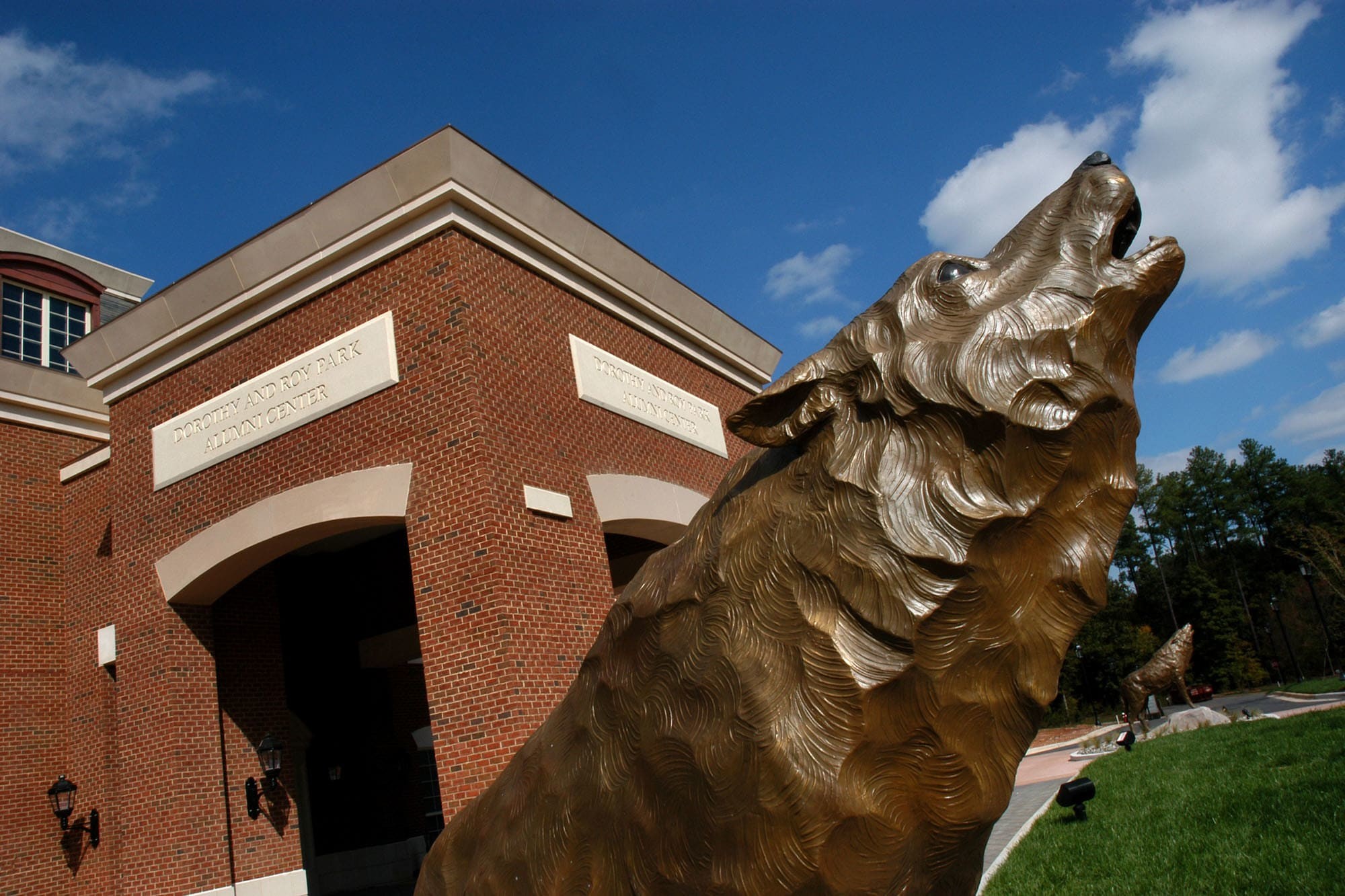
Alumna receives Skip Ellis Early Career Award
Tawana Dillahunt, a computer engineering alumna and associate professor at the University of Michigan named the inaugural recipient of the CRA-WP Skip Ellis Early Career Award.
July 14, 2020 ![]() University of Michigan School of Information
University of Michigan School of Information
University of Michigan School of Information (UMSI) associate professor Tawanna Dillahunt was named an inaugural recipient of The Computing Research Association’s Committee on Widening Participation in Computing Research (CRA-WP) Skip Ellis Early Career Award. Dillahunt received her bachelor’s degree in computer engineering from NC State in 2000.
This award is given to a person who identifies as a member of a group underrepresented in computing who has made significant research contributions in computer science or engineering and has also contributed to the profession, especially in outreach to underrepresented demographics.
The award honors the late Clarence “Skip” Ellis, who was the first African-American scholar to earn a Ph.D. in computer science and the first African-American to be elected a Fellow of the Association for Computing Machinery.

Tawanna Dillahunt, School of Information, University of Michigan
“I am truly honored to be a recipient of this award,” says Dillahunt. “I was lucky to have met Skip at UC Boulder in 2007 where he gave me career advice that was key to getting me to where I am today. Skip paved the way for many of us. I admire his research and I share his belief that technologies should be used to foster positive human interactions. When you use Google Docs, Overleaf, or any other collaboration systems, remember Skip. I hope my research will one day become as impactful as his.”
In addition to her work at UMSI, Tawanna Dillahunt holds a courtesy appointment with the Electrical Engineering and Computer Science Department. Her research spans the human-computer interaction and ubiquitous computing field, with a primary focus on identifying needs and opportunities to further explore how theories from the social sciences can be used to design technologies that have a positive impact on group and individual behavior.
She and her team have developed digital employment tools that address the needs of job seekers with limited digital literacy and education; assessed real-time ridesharing and online grocery delivery applications among lower-income and transportation-scarce groups, and proposed models for novice entrepreneurs to build their technical capacity.
“Tawanna is an outstanding recipient of this early career award named in memory of Clarence “Skip” Ellis,” says Thomas A. Finholt, dean of the School of Information. “Like Professor Ellis, Tawanna shares a commitment to conduct high-quality research that also focuses on social concerns, such as economic sustainability and mobility. Professor Ellis interrupted his own doctoral studies to engage in the civil rights movement. That same spirit of engagement imbues the work Tawanna has undertaken within marginalized communities in Detroit and elsewhere.
“Although he is sadly no longer with us, I’m sure Professor Ellis would have recognized in Tawanna a kindred spirit and one who is also driven to use her research program to improve conditions for those who have been neglected or left out. Receiving this award is a great individual accomplishment for Tawanna – and recognition by the CRA, the top academic organization for computer science in North America – of the significance of Tawanna’s research program. Just as Tawanna followed in Professor Ellis’ footsteps – I hope this award leads others to follow in hers.”
Professor Dillahunt has received funding to support her research from the National Science Foundation, the Gates Foundation, U-M Poverty Solutions, U-M Ginsberg Center, and the U-M Ford School. Her work appears in the most prestigious HCI conferences and journals and has won several best papers and honorable mentions. She holds a Ph.D. and M.S. in Human-Computer Interaction from Carnegie Mellon University, an M.S. in Computer Science from the Oregon Health and Science University, and a B.S. in Computer Engineering from North Carolina State University.
Original article from University of Michigan School of Information
